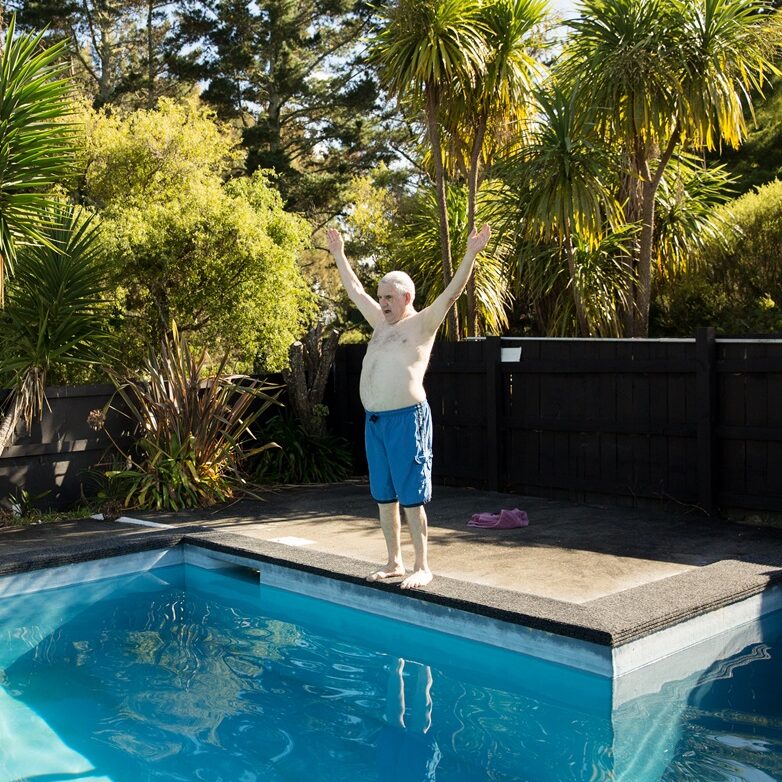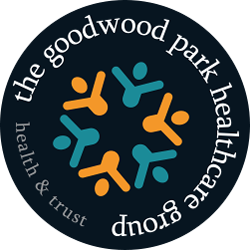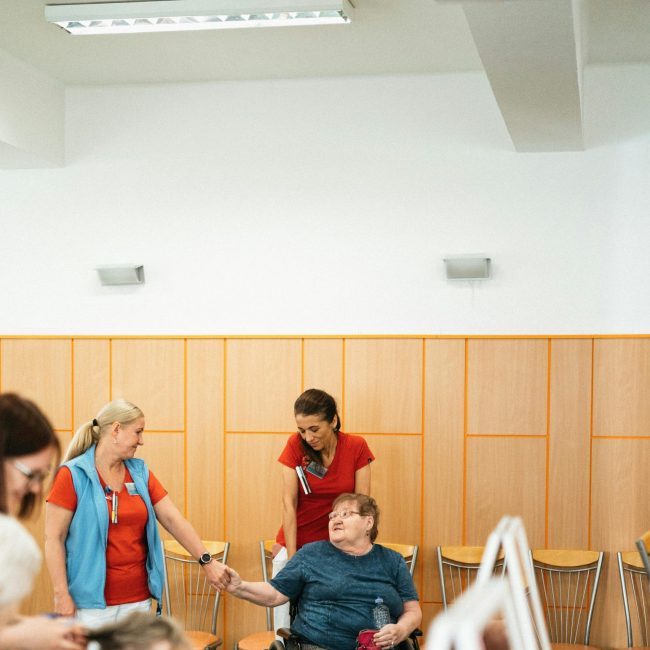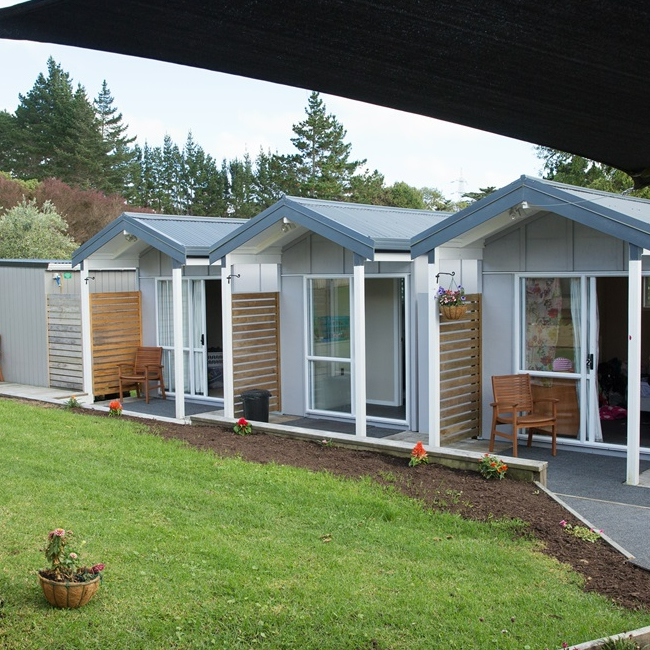Seadrome is a caring, supportive facility in West Auckland, offering both a private hospital and dementia care.
Seadrome joined the Goodwood Park Healthcare Group in 2018, to expand our services and better meet the needs of our aging population.
Dementia is a condition that affects thinking, behaviour, and daily activities. Caring for someone with dementia can be physically and emotionally challenging, but deeply rewarding.
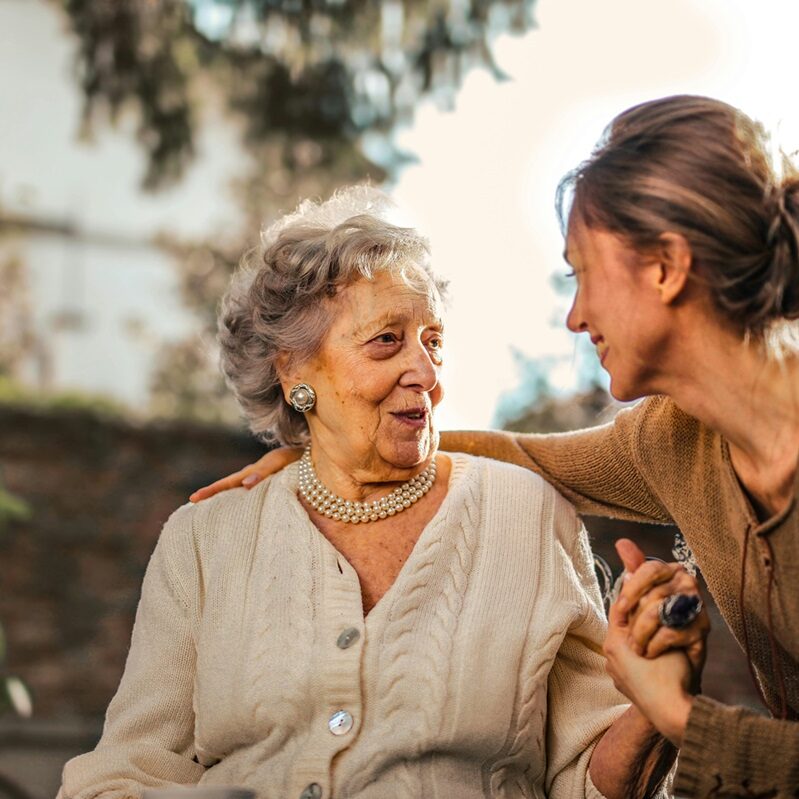
The Transition
Transitioning into residential care can be a tough experience for both the person with dementia and their family. Feelings of confusion, sadness, fear, and even relief are common. Although the process may take time, many individuals adjust well and begin to feel comfortable in their new surroundings. Family members might feel a sense of loss after caring for your loved one.
Our Mission
At Seadrome, we are dedicated to providing a high quality of life for people living with dementia. We focus on building meaningful, respectful relationships and providing care based on trust, dignity, and understanding.
Seadrome Values
Embracing the Now
We focus on the present even as memory loss occurs.
Sustaining Relationships
We support the emotional bonds between residents and their families, recognizing that non-verbal connections are important.
Valuing All Days
We embrace both good and bad days, allowing residents to express themselves freely and find contentment.
Dignity and Respect
We listen to and honour each resident’s choices
Supporting Independence
We help residents make choices and take risks, promoting autonomy without compromising safety.
Maintaining Health
We focus on holistic care, optimising residents’ physical, mental, and emotional well-being
Cultural Sensitivity
Cultural Sensitivity: We respect each resident’s culture and beliefs, and we involve families/whanau in all aspects of care. If needed, we learn about cultural practices that impact care, ensuring we provide the most respectful and personalized experience possible.
Goodwood Seadrome is committed to offering a compassionate, respectful, and supportive environment for your loved one, helping them live their best life while receiving the care they deserve.
Activities
Meaningful activities are a key part of life at Seadrome, helping residents maintain their identity and sense of belonging. We create individualised activity programs based on each person’s past interests and preferences, with input from family and caregivers. These activities are designed to be enjoyable and fulfilling, offering both group and one-on-one experiences.
Contact
Sue Thomson
Email: sthomson@goodwood.org.nz
Phone: 027 527 1041
Our Story
The Goodwood Park Healthcare Group started with the imminent closing of the large Mental Health institutions in the late 1980's and the resultant move of people out into the community
Careers
The Goodwood Park Healthcare Group is a well-established, innovative, and leading provider of community and residential social services for people who have Mental Illness or Traumatic Brain Injury (TBI).
Our People
Our diverse team are committed to working towards the same goal. To provide people with effective support so that they have the opportunities to maximise their health, participation and independence.
